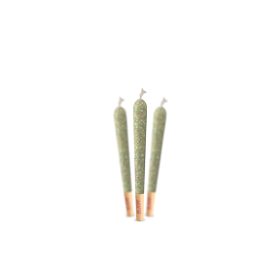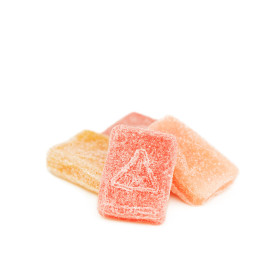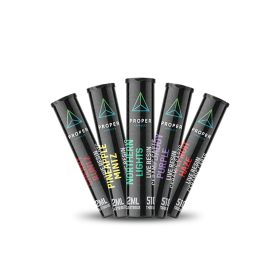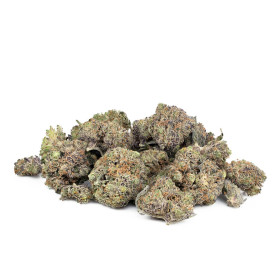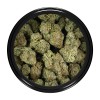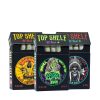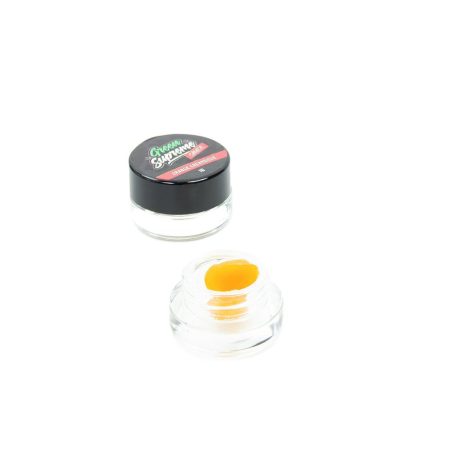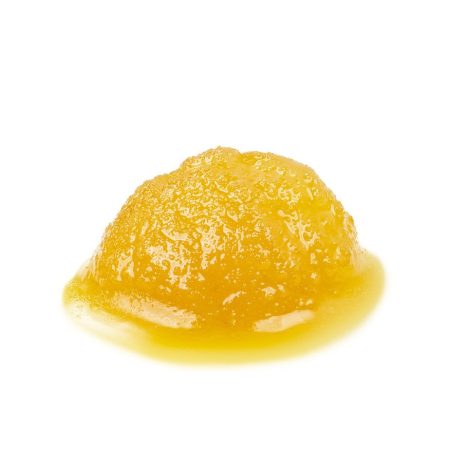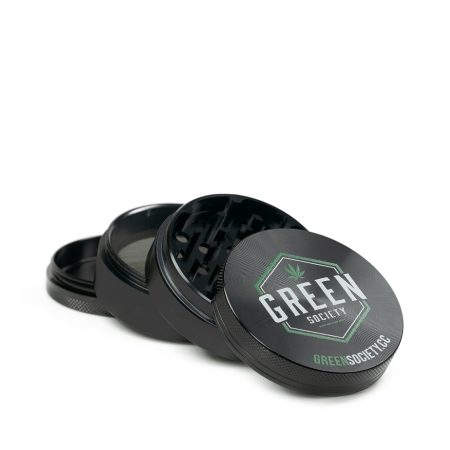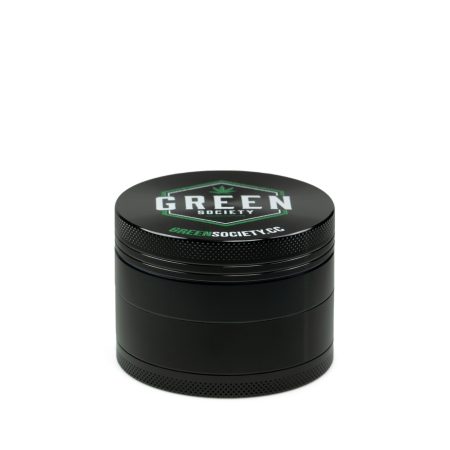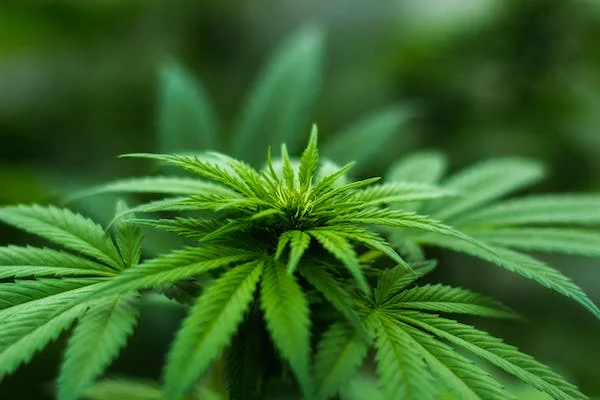Society’s perception and attitude towards cannabis have changed over time. In recent years, Canada has joined Uruguay by regulating and legalizing cannabis for recreational use. Given that, there are things you should be aware of to make cannabis use sa
What Are Cannabis Plants?
Image: https://pixabay.com/photos/seedling-cannabis-marijuana-1062908/
Cannabis plants produce more than 100 different compounds known as cannabinoids. The major psychoactive cannabinoid, delta-9-tetrahydrocannabinol or THC, is mostly responsible for the “high” feeling. On the other hand, Cannabidiol or CBD, is a different cannabinoid. You do not experience the “high” sensation from CBD.
It’s available in different forms, including:
- Dried flowers and leaves
- Foods (e.g., butter, candies, or baked goods)
- Hash
- Oil (such as honey oil and phoenix tears)
- Shatter
Potential Health Benefits of Medical Cannabis
Before Canada legalized recreational marijuana, medical cannabis was available through Marijuana Medical Access Regulations (MMAR). Here are some of the benefits of medical cannabis:
- Lowers blood pressure
- Reduces inflammation
- Prevents relapse in alcohol and drug addiction
- Treats anxiety disorders and other mental health problems
- Treats gastrointestinal (GI) disorders
- Prevents seizures
- Fights cancer
History of Legalized Cannabis in Canada
Image: https://unsplash.com/photos/mfiaK7g-wrc
How was cannabis used for medical and recreational purposes authorized in Canada? What social, political, economic, and legal issues affected recreational marijuana legalization over the past century? The path that led to cannabis legalization in Canada is described below:
1897
Cannabis use for therapeutic and recreational purposes was encouraged by the Nova Scotia Medical Association.
1908
The first drug law in Canada, the Opium Act, was enacted. The law was not intended to be a means of limiting drug use.
1923
Cannabis was made illegal in Canada when the government added hemp and marijuana to the Opium and Drugs Act. Cannabis was scarcely being used at the time. Thus the precise reason it was is still a mystery. But at the time, many well-known Canadian politicians and leaders propagated a racist and anti-immigrant narrative.
1937
More than ten years after cannabis was declared illegal in Canada, the country had its first arrest regarding cannabis possession.
1961
The government classified cannabis as a Schedule 1 drug under the Narcotic Control Act. The criminal offense came with a maximum sentence of life in prison for supply or trafficking and a maximum sentence of seven years for possession.
1972
The federal government established a Royal Commission, the Le Dain Commission, which sought to investigate the effects of cannabis use.
1996
Terry Parker was detained for growing, possessing, and trafficking marijuana. He was discovered cultivating and consuming cannabis prevent epileptic episodes.
2000
Terry Parker’s right to life was violated by the prohibition of cannabis usage, according to the Ontario Court of Appeal. Thus, it ruled that the ban on the drug’s medical use was unconstitutional. The case ended the legalization of cannabis for medical purposes in Canada.
2018
After almost two decades, the Cannabis Act made it legal for adults in Canada to use cannabis for recreational purposes.
2019
Finally, the federal government introduced a new scheme that enables those arrested for basic cannabis possession to request a pardon.
Cannabis Legalization in Canada
Many Canadians are unsure about the restrictions on marijuana legalization. So, here are the ins and outs of legalized cannabis in Canada:
Cannabis Act
Image: https://unsplash.com/photos/wA-kp2Ad-To
In Canada, the manufacture, sale, and possession of cannabis are all subject to a tight legal framework under the Cannabis Act. Additionally, the Act paved the way to legalize recreational marijuana in the country. Moreover, the three objectives of the Act are as follows:
- Protecting children from accessing cannabis
- Preventing profits from going into the hands of criminals
- Protecting public health while allowing adults access to legal marijuana
The Cannabis Act’s possession limit is based on dried cannabis, and to determine the personal possession limit for additional cannabis products, the Act created equivalents. The following are the weights in grams of dried cannabis:
- 5 grams of fresh marijuana
- 15 grams of edible product
- 70 grams in liquid form
- 0.25 grams of concentrates (solid or liquid)
- One cannabis plant seed
Drug Impaired Driving
Image: https://unsplash.com/photos/8tGS3LaTjeI
It’s illegal to operate a car while under the influence of marijuana, and the federal government recently modified regulations. A lesser criminal offense for drug-impaired driving is if the driver has between 2 nanograms (ng) and five ng of THC per milliliter (ml) of blood. On the other hand, having five ng or more of THC per ml of blood is a more serious offense.
Cannabis in the Workplace
Everyone has a responsibility for the health and safety of the workplace. However, employers are required by the Canadian Human Rights Act to make reasonable accommodations. These compromises are made for workers who have declared they have:
- Sickness
- Injury
- Disability, including substance abuse issues
- Prescriptions to use cannabis for medical purposes
Employees and employers should also know the potential health risks of consuming cannabis.
Home Cultivation
Image: https://unsplash.com/photos/gpUfeofd-5E
The Cannabis Act promotes the home cultivation of marijuana in a safe and controlled manner. Growers should purchase cannabis seeds or young flowering plants legally from approved retailers in the province or territory.
Home cultivation only allows up to four plants in each household (not per person). Additionally, a person may share 30 grams of personally produced cannabis (dry or equivalent) with other adults of legal age. A person cannot sell cannabis without a Health Canada license.
For people growing medical cannabis, they must adhere to the maximum plant and possession limits listed on their registration certificate. The certificate also includes the production limit of medical marijuana. Cannabis grown for medical use cannot be shared, sold, or given to another person.
International Travel and Cannabis
Whether you are entering or departing Canada, it’s prohibited to bring cannabis. Attempting to enter another country while possessing any amount of cannabis may incur a criminal offense. Correspondingly, if you have ever used cannabis that is illegal where you are traveling, you risk being refused entrance.
Additionally, criminal penalties are in place if you enter Canada with cannabis even if:
- You have the right to consume cannabis for medical reasons, including cannabidiol, in any way (CBD)
- Also, you are going to or coming from a city, state, or nation where marijuana is legal or, decriminalized
Protecting Youth and Public Health
The Cannabis Act contains several provisions that protect children from accessing cannabis. Moreover, recreational cannabis packaged or labeled in a way that appeals to children or teenagers is also forbidden.
The Act also forbids vending machines or self-service displays from selling recreational marijuana. Its maximum penalty for breaking these restrictions is $5 million, and the maximum jail sentence is three years.
Correspondingly, protecting public health is also on the agenda of the Cannabis Act. Systems to regulate the sale and distribution of cannabis must be developed, put into place, maintained, and enforced by the provinces and territories.
However, regulations and standards for the entire cannabis business are established by the federal government, along with stringent restrictions for producers who grow and manufacture the drug. Moreover, these systems are for protecting public health.
The Canadian government has also allocated about $46 million for cannabis public education and awareness campaigns. Public education efforts are meant to educate Canadians about the potential health risks of cannabis use for their health and safety.
Image: https://unsplash.com/photos/UoXLndT32Hg
Legalized Cannabis After Five Years
Image: https://unsplash.com/photos/h3PWUqxpP_0
Many Canadians all around the country are living in exciting times right now due to the Cannabis Act. But medical and recreational marijuana can still elicit stronger feelings from scientists, healthcare professionals, policymakers, researchers, and the general public.
And after five years since Canada legalized cannabis, its medical and recreational use has been strictly regulated. So, that’s why here at Green Society, we promote the sensible, healthy, and legal way of consuming recreational marijuana.
For fun and legal cannabis consumption, check out Green Society’s various products, including Banana Punch #9 and Alaskan Thunder Fuck! Order now to get it discreetly delivered directly to your doorstep!

